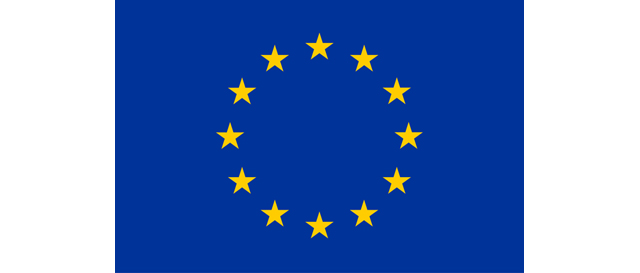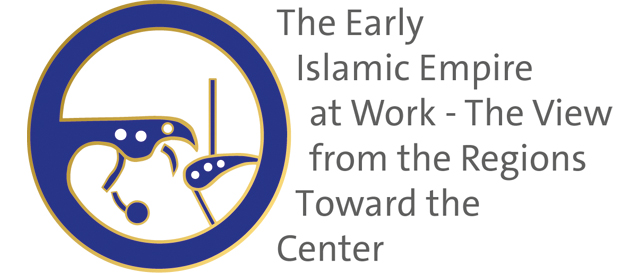Abstract Prof. Andrew Marsham
Andrew Marsham (Faculty of Asian and Middle Eastern Studies, Cambridge University)
Abstract: ‘Ideological Reach’ and the Umayyads: Legitimacy and Power in the 7th and 8th Century Islamic Empire
Images of the Umayyads as ‘impious’ or ‘secular’ are now understood as the products of polemical discourses. Members of the Umayyad ruling clan contributed very directly to shaping Islam as it developed in the seventh and early eighth century. That the caliphs ‘Uthman and ‘Abd al-Malik and their associates had a particular influence on the compilation and dissemination of the Qur’anic codex, and that the surviving material articulations of Islam as an imperial ideology increase dramatically from the time of the latter, are perhaps the most well-known manifestations of this process; Umayyad patronage of scholarly activity is also becoming much better understood, notably through the work of Borrut and Judd, among others. Of course, the Umayyad elite acted as one group of elite actors in a highly complex and contested ideological field; some of this wider context is often conceived of as ‘pre-classical Islam’, and it is now seen as forming part of the wider ideological and cultural transformations of the late antique world; that the religious movement that became Islam had imperialistic characteristics is itself one testimony to this late antique formation.
This paper will trace the some of the key articulations of legitimate power in the Umayyad period and their changing social and political contexts. It takes as its interpretive framework the historical sociology of Michael Mann, and especially his emphasis on overlapping networks of social actors and types of social power. Hence, it examines types of social power, and how ideological power was manifested among the various networks of actors that shaped the early Islamic world. Sources include the later literary tradition as it preserves Umayyad-era material - notably the poetry and epistolary material, but also legal and historical texts - as well as the extant material culture, including documentary and epigraphic texts from all levels of society. The contexts for the production of these sources, and what we can establish about their intended audiences, tell us much about the priorities of members of the imperial elite and the nature and reach of their ideological power. Particular attention will be paid to competition within the Hijazi elite and to their interactions with wider Arabian tribal groupings, with non-Arabian conquered populations, and with groups beyond the direct military or fiscal influence of the empire, including rival imperial powers. The formation of new networks of power, and new ideological systems, will also be considered, notably non-Arabian participation in the Islamic movements that ultimately deposed the Umayyad clan in the 740s.



